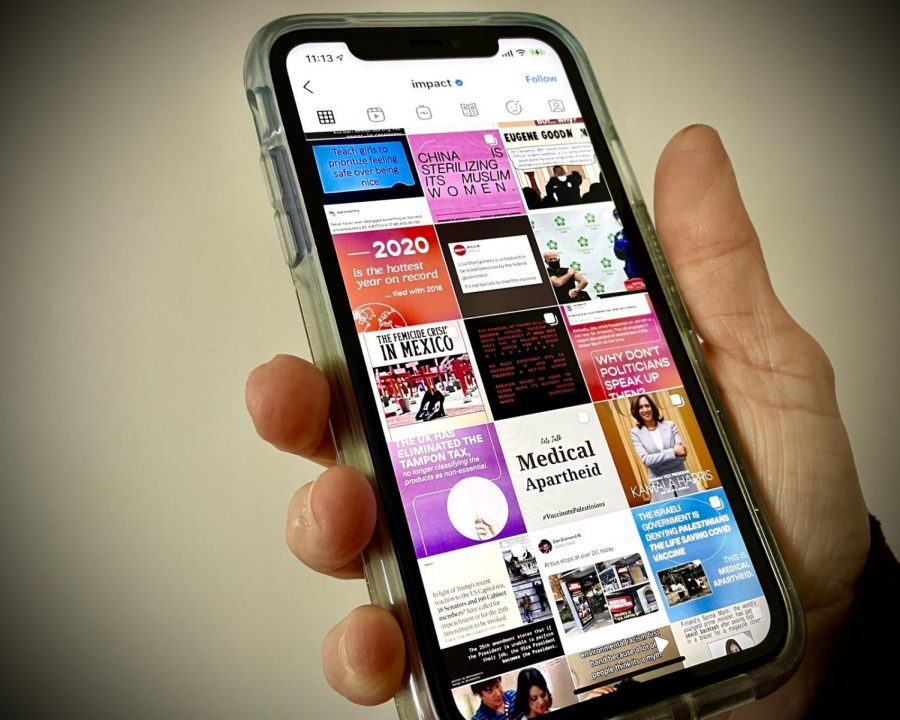Mindless scrolling: Becoming desensitized to tragedy
Our generation has become desensitized– and social media plays the largest role in that process.
According to Pew Research Center over 97% of us Gen Zers use at least one social media platform. We grew up alongside the rapid succession of technology and social media. We are exposed to hundreds upon thousands of images, videos, messages, on a daily basis. We use social media to communicate with each other, to inform ourselves, and to entertain.
Furthermore, news has become more attainable for Gen Z. Since we spend a good amount of our time on our phones and social media, news networks have found success channelling themselves through these mediums. When we open Snapchat, Instagram or Twitter, the most popular social media sites for the younger generation, we can look at the news in one click.
All of this exposure, especially at such a young and impressionable age, comes with its own set of challenges. And sometimes those challenges lead to major psychological and physical consequences.
For example, when we view something surprising or horrific for the first time on the news we are shocked. We share things that shock us to spread awareness to the topic. We want to educate others on the topic, and we want action to be taken.
We do this again and again for any topic that we feel emotionally moved by. But what if that cycle of shock to sharing never ends? So many different emotionally impactful and tragic events are being shared over and over again, so what happens when sharing a topic just becomes meaningless?
It’s not that we have become less caring or compassionate for these situations, we are just less impacted by them. The shock factor is taken away. This doesn’t make the situations any less tragic or less horrific.
We still acknowledge the tragedy, we still are upset, and we still feel compelled to share with others. But since we have seen so many of these tragic events and situations through the course of our lifetime, we are emotionally less impacted by it. We are used to seeing devastating events like this.
We’ve become desensitized.
So what can be done? To be honest, it is hard to reverse desensitization, especially in the times we live in now; it’s already taken its toll. Since desensitization is unavoidable, perhaps using our power of sharing on the internet can prove to be useful rather than repetitive.
Creating awareness by sharing a post is effective to an extent, but actions speak much louder than words. Instead of mindlessly sharing, we should look deeper into topics that concern us. Donating to important causes, signing petitions and writing letters, showing up when the community needs you and even starting a conversation IRL creates a much more profound impact.
Next time, think before you share. Let’s prevent desensitization for the next generation by creating a more active, more conscious and more alive world to live in.


